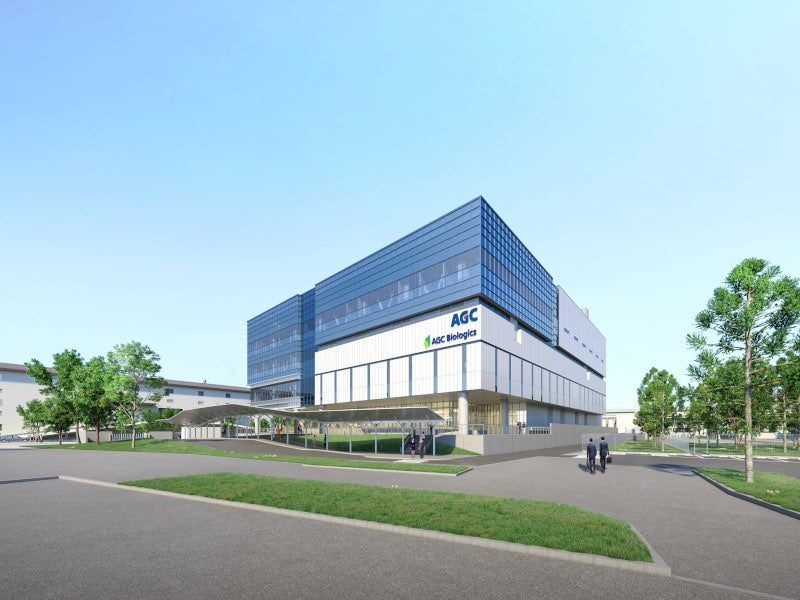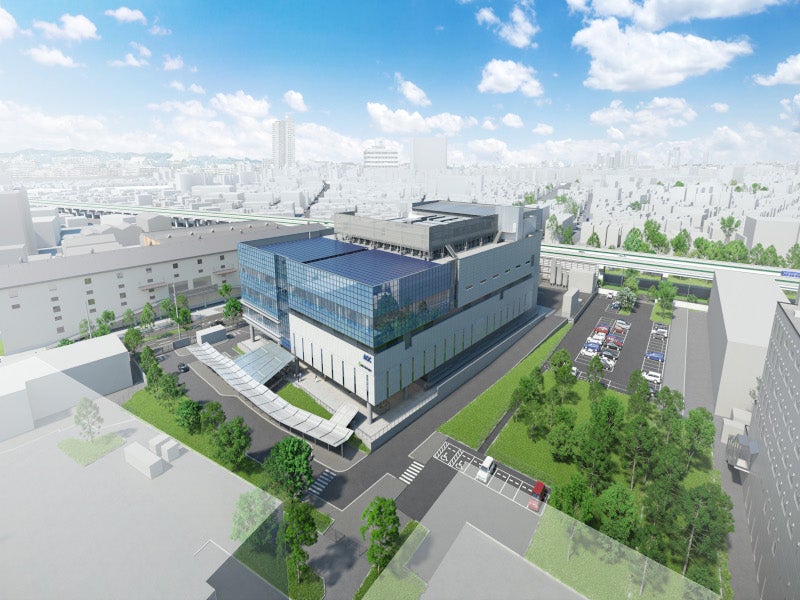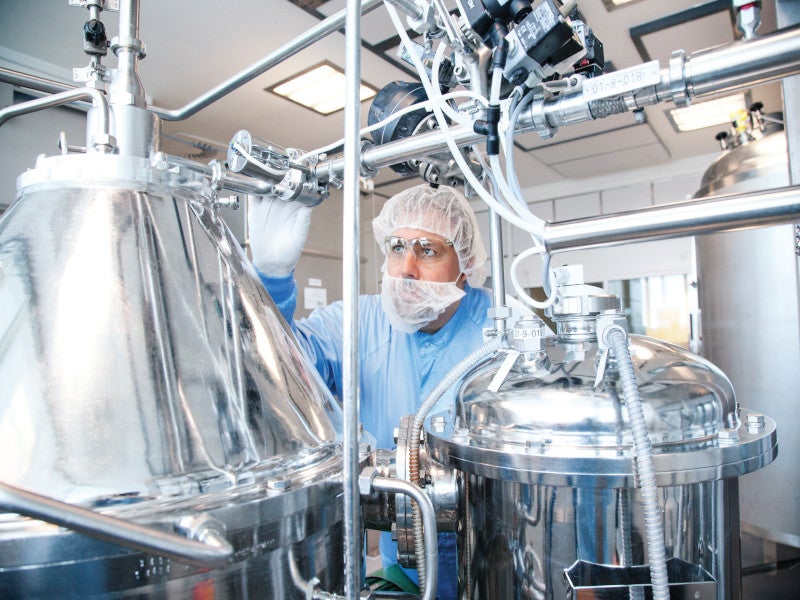AGC Biologics, a pharma contract development and manufacturing organisation (CDMO) based in the US, will build a new manufacturing facility at the AGC Yokohama Technical Center in Yokohama, Japan, to expand its biopharmaceutical capability.
The facility will offer a range of services from preclinical to commercial stages, including cell therapy, messenger ribonucleic acid (mRNA) and large-scale mammalian cell culture capacity, with construction commencing in 2025. It will offer large-scale manufacturing services for academia, small biotech startups, and large pharma companies.
The facility will also be one of the largest CDMO sites in Japan, ensuring a central region for development and manufacturing upon completion in 2026.
Planning and financing details
The development will be part of AGC Biologics’ strategic initiative to enhance its biopharmaceutical CDMO capabilities within the Asia region, with a focus on meeting the rising global demand for biologics and advanced therapy medicinal products.
The development will be part of a broader initiative by the Japanese Ministry of Economy, Trade and Industry (METI) to strengthen vaccine production. AGC Biologics will invest approximately Y50bn ($350m) in the construction of the biopharmaceutical manufacturing site.
The project, which is anticipated to create employment for 400 individuals, is a response to the METI’s developing biopharmaceutical manufacturing sites to strengthen the vaccine production project, which was unveiled in October 2022.
In 2025, the expansion will commence with gene and cell therapies, followed by mRNA pharmaceuticals, biopharmaceuticals produced through mammalian cell cultures, and additional gene and cell therapies in 2026.
Cell therapy manufacturing facility details
The new four-storey 20,000m² facility will be equipped to handle mammalian cell culture, mRNA, and cell therapy services. It will be outfitted with multiple 2,000-litre single-use bioreactors and several 4,000-litre or larger reactors for mammalian cell culture services.
The capacity positions the Yokohama facility as one of the largest of its kind in Japan, according to AGC’s estimates.
The facility will also feature dual-use capabilities for vaccine production in pandemic situations and will focus on modern mRNA pharmaceuticals and gene and cell therapies.
It will support the company’s comprehensive service offering, complementing its existing facility in Chiba, Japan, which offers mammalian expression and microbial fermentation services.
AGC Biologics’ cell and gene capabilities
AGC’s cell therapy services include a range of cell therapies such as CD34+ hematopoietic stem cells, autologous and allogeneic T-cells, and NK cells.
The company has more than 160 in-house analytical tests and provides customised process development, extensive technical expertise, and experienced teams.
Its mRNA drug substance is in compliance with European Medicines Agency and US Food and Drug Administration standards, supporting both clinical studies and commercialisation with various mRNA qualities, from research and development grade to good manufacturing practice (GMP) grade.
Additionally, AGC offers mammalian services adhering to industry standards, which include batch, fed-batch, and continuous perfusion methods.
The company’s 6Pack system caters to large-scale mammalian manufacturing using single-use technology. AGC’s flexible single-use manufacturing scales are available in the US, Europe, and Japan, complemented by large-scale commercial capabilities using 20,000-litre stainless steel reactors.
All mammalian process development at AGC employs advanced high-throughput technologies focused on product yield characterisation, optimisation, manufacturability, and robustness.
Marketing commentary on AGC Biologics
AGC Biologics, a subsidiary of AGC and headquartered in Seattle, Washington, has more than 25 years of experience in the industry, employs over 2,500 staff, and operates seven facilities across three continents.
With a diverse client base of more than 175 customers, AGC Biologics has the resources and capacity to expedite drug development and manufacturing processes.
Its expertise encompasses a broad spectrum of biopharmaceutical services, including the development and manufacturing of mammalian and microbial-based therapeutic proteins, recombinant DNA, plasmid DNA, messenger RNA, viral vectors, and genetically engineered cells.
The comprehensive services span process development, analytical development, cGMP manufacturing, quality control and quality assurance, and process validation.





